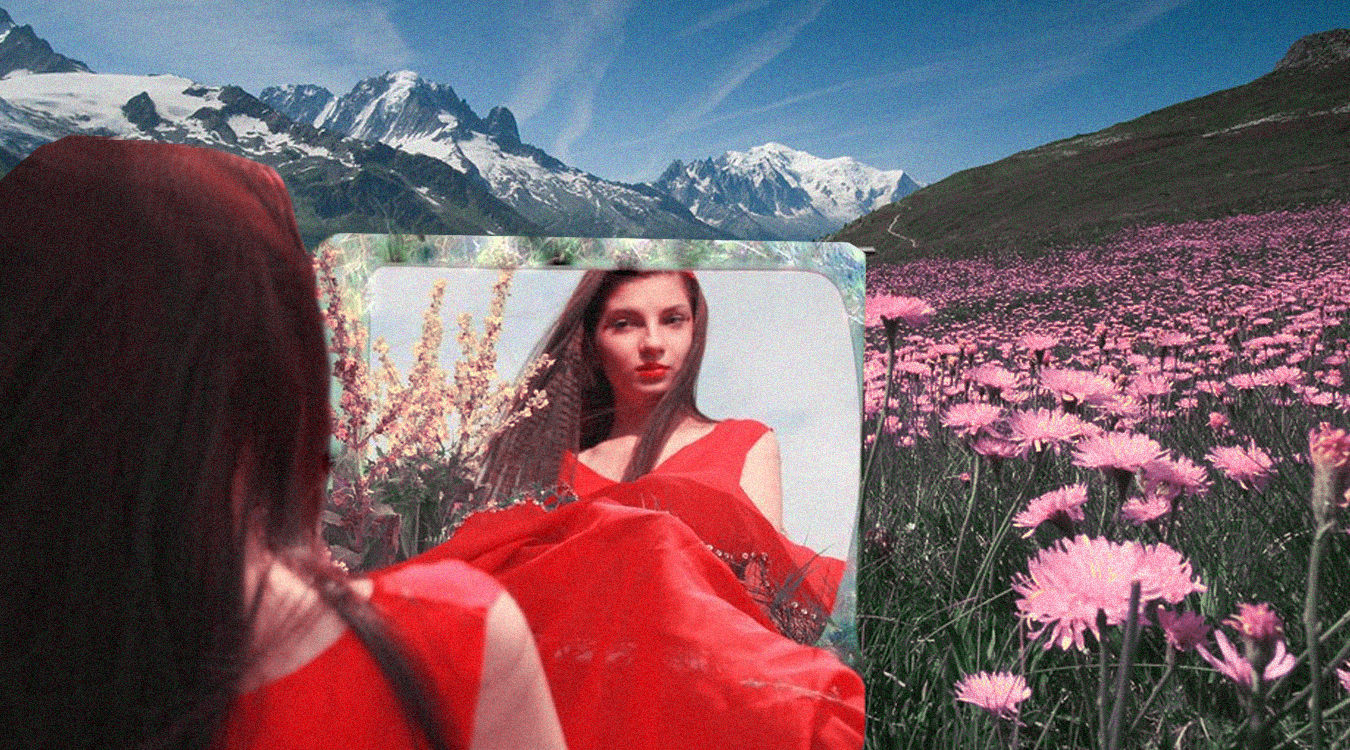It’s a question that I think about more than I probably should. I consider it when I see pastel pink Instagram quotes insisting that my authentic self is the only way to spark joy. It’s parroted back to me in endless adverts that remind me that both a bullet journal and gym pass can help me find it. Everyone from YouTubers to therapists insists that being my authentic self is the only way to succeed, but, the problem is, I’m not actually too sure who my authentic self is.
As an anxious soul, I spend plenty of time overthinking who I am. I spend sleepless nights tossing and turning about small slights, like whether or not I said thank you loud enough to the busy barista at my local coffee shop, so, it seems natural in some ways, that ‘authenticity’ appeals to me. To be the sort of person that shouts ‘take me or leave me’, rather than turning back into said busy coffee shop to ensure that they heard my thank you.
I’m not actually too sure who my authentic self is
If you’ve ever seen Greg Daniels hit comedy, Parks and Recreation, there’s a scene where Rashida Jones’ character, Ann, is selling a load of her old stuff. As her friends rummage through her belongings, they find the legacies of her different partners hidden away in her aptly named ‘boyfriend boxes’. For one partner, she purchased masses of workout equipment, another grunge clothing. While I lack physical boxes, a scroll through my old Facebook photos demonstrates that I, too, am a partner chameleon. Shifting and tweaking elements of myself to better mirror my partner or close friends.
I can clearly remember doing plenty of things I claimed to enjoy but honestly didn’t. Maybe it’s a pathological need to be liked. This list extends to foam parties, mountain biking, watching Star Wars, and drinking pints of Guinness, all of which I, at one point or another, claimed my affection for. I can recall agreeing with a group that I loved a band I had never heard of, not wanting to admit I was out of the loop. I even once spent a bizarre evening at what could only be described as a very light-hearted cult indoctrination after a girl I liked insisted that I could discover my inner-power there. And yet, it appears there’s very little room for figuring stuff out. We demand authenticity from almost everyone around us.
Celebrities that don’t declare their mental health issues are suspicious. We expect influencers to confirm that there’s a reality behind their carefully curated Instagram, yet, we simultaneously love an Instagram ‘theme’. We crave the uniformity and consistency of the “authentic woman” and the delicate balance between the need for us to share our lowest lows and to be completely ourselves when we do it.
We crave the uniformity and consistency of the “authentic woman”
Authenticity has, quite literally, become a genre for creators, and the expectations around it are often detrimental. Director-writer Lena Dunham has also tackled authenticity and why we need to change the way we think about it. “I think authenticity comes in many forms, and it doesn’t just have to be that you didn’t just do your hair right,” she said, referring to her messy topknot hairstyle. “People confuse authentic with the idea of messy or broken, and I think Anna Wintour is authentic and she’s had that hair for a f**king long time.”
In Pandora Sykes’ collection of essays, How Do We Know We’re Doing It Right, she highlights the paradox of the ‘authentic self’ by stating, “We are taught to admire those who appear authentic and dismiss the inconsistent or insincere. But in our attempts to lasso and curate an authentic self, do we risk losing ourselves entirely?”
So, if we’re not ‘authentic’, what are we?
Fakeness is a quality we direct towards women. Women who enjoy male-dominated sports or activities such as gaming are often lauded as “only doing it for their partner”, even in the absence of one. Women who wear “too much” makeup are fake, and those that don’t wear it at all are trying to be something they’re not. Cosmetic surgery, high heels, an interest in traditional femininity also fall into the category of disingenuous.
And, our obsession with the genuine self leaves us often feeling disingenuous.
But, when it comes down to it, we are often a different person with our family and close friends. While I no longer feel that there’s an inherent change in who I am around my partner, it’s fair to say that I’m not the same person around him that I might be around my boss.
The problem with authenticity is that we, as people, are inherently inauthentic. Our feelings, and even hormones, can take us from a rational, down-to-earth human to a sobbing mess. We are ever-changing and unfinished. One day’s authenticity is another day’s lie.
Perhaps authenticity as a concept for people is something we need to relinquish, and, instead, celebrate humans’ ability to change. Even my cat struggles to be consistently himself all of the time.
And, in my quest for my authentic self, I think maybe that’ll have to do.









